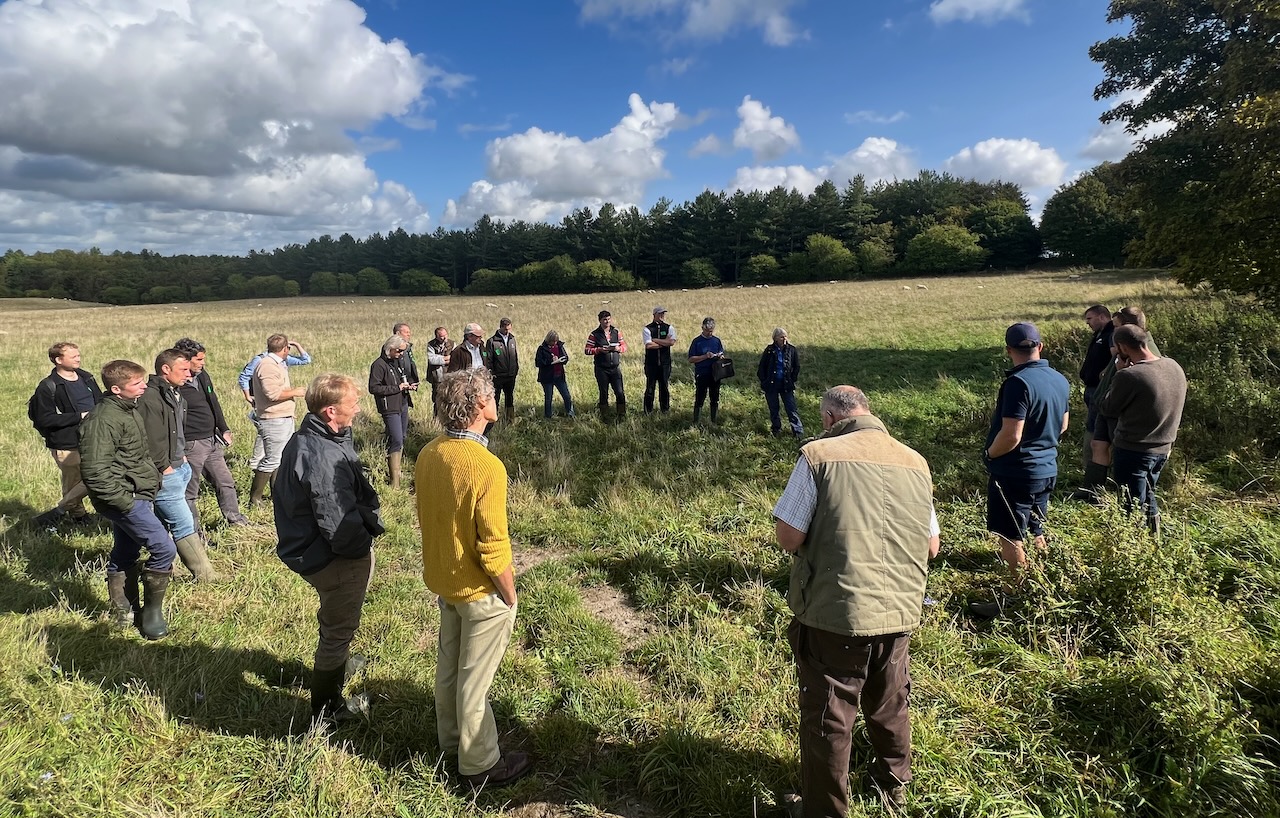
A day to glimpse the future of sustainable nature friendly farming and all the ways in which farmers are already farming to reduce greenhouse gas emissions and remove carbon from the atmosphere and store in soils and biomass.
On 21 Sep 2023, our Annual Field Day brought together alumni from the Farm Net Zero project in Cornwall alongside past and current FCT Soil and Carbon Farmer of the Year competitions. And we were grateful to Yeo Valley, Velcourt and First Milk who helped to sponsor the day.
The event was held at Hendred Estates courtesy of Julian Gold and the estate owners. The day dawned bright and sunny unlike the day before when you could have been forgiven for thinking that we were in the eye of a tropical storm!
Our delegates arrived ready for a 10am start and we were off to a flying start with Julian introducing his farm and all the practices he has been finessing for many a year.
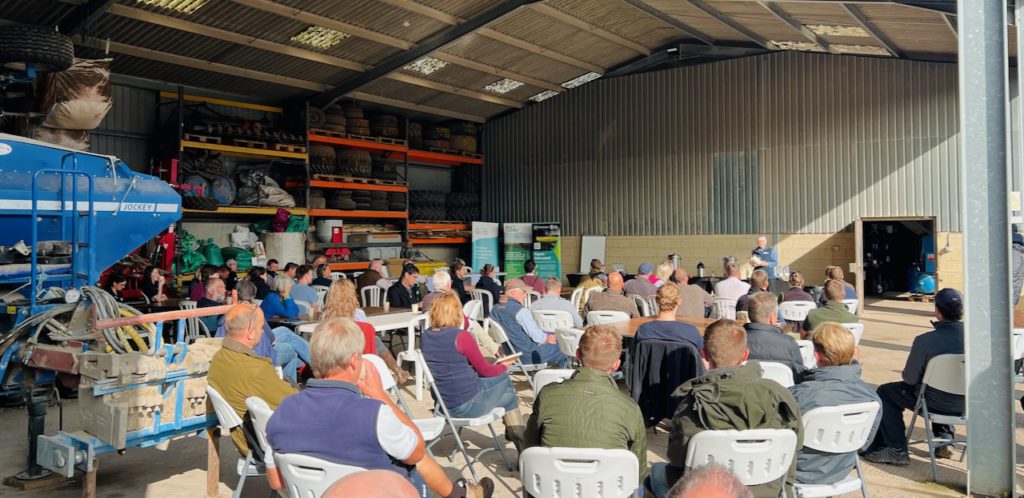
Julian acknowledged that the timing of our event was pertinent with the news that Westminster is preparing to “back off” their net zero targets but he was clear that he will be carrying on as normal with his efforts to reduce emissions .
His analogy is of “Maintaining the factory premises”: if you run a factory to produce cars, you have to maintain the factory to be able to keep the cars rolling out. In the same way, farmers need to maintain the natural processes (natural capital) the farm relies on in order to keep being able to produce food (whether or not DEFRA or anyone else are paying!).
Julian highlighted that C sequestration can only get farmers so far in terms of net zero – they need to reduce their emissions and look to innovative practices to be able to keep C in the ground. He commented that as soil carbon levels rise closer to those under the hedges (optimum levels perhaps) his ability to offset emissions with additional carbon storage will be reduced. This is something pioneers in this space will need to consider.
Delegates were then sent on a circuit of the farm to join workshops on best practice grazing, livestock feed self-sufficiency and crop cultivation and diversity.
We have captured the nuggets from the workshop discussions below:
Grazing clinic – chaired by Rob Purdew (FCT)
We heard from Rich Stanbury (Beef and sheep farmer from Exmoor), Andrew Rees (Dairy farmer from Wales) and Tim Williams (FNZ demo farmer).
Rich Stanbury runs a beef and sheep system that previously included arable for feed but he has recently been able to take out all his arable land and move to an entirely home grown forage system with 150 suckler cows and 1100 ewes that are out all year.
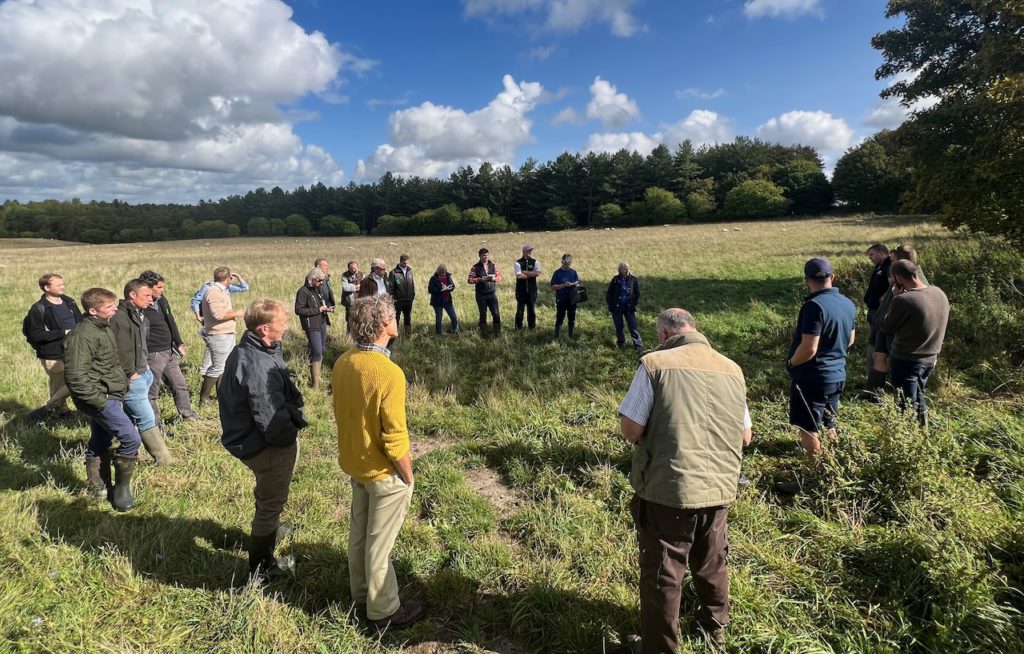
He’s taken part in an Innovative Farmer’s Trial using a diverse forage crop mix as a break. They planted a field with kale on one half and a 16 species forage mix on the other half. Within three months, there was a visible difference in soil structure between the forage mix and the kale (that Rich could hardly believe). What’s more the forage mix provides diverse nutrition for the sheep and cattle – in Rich’s words, “the cows don’t just want to eat steak, they want peas and chips which is why the mix is good for livestock”.
Andrew Rees has a dairy herd that is now grass-based. He has transitioned the farm to spring calving and reduced his chemical inputs and artificial N fertiliser from 300 kg N/ha gradually and is on track to avoid all chemical Nitrogen fertiliser use next year. He has done this by focussing on diverse pastures but explained that small actions like bale grazing young stock and using summer forage mixes have been useful stepping stones whilst transitioning the farm.
Tim Williams grew up on sheep and beef farms in New Zealand before moving to manage a dairy unit in NZ. After managing farms in both the UK and back in NZ, he learnt more about rotational grazing using the Kiwitech system . Now he is contract farming in Cornwall helping to showcase a regenerative system for the Farm Net Zero project. The farm was previously arable land which had become severely degraded. Tim has transitioned this to a perennial system which started with the initial introduction of a 30 species mix cover crop and the grazing of a small suckler herd that has been built up with store heifers and pedigree Angus. Tim is aiming for 100 head of cattle but is building the herd gradually. He has been bale grazing for energy to be able to overwinter the calves. He is achieving 1 kg LWG per day for growing cattle on this diverse perennial mix.
What was the moment you knew your new approach was working?
- Tim It immediately followed the lowest point. Three years of hard graft and nearly reaching breaking point in Spring 2023 with it being so dry, worrying that there wouldn’t be anything for the cattle to eat, and then the growth taking off and it being amazing.
- Rich As a fourth generation on the same farm, the negativity from family and neighbours was difficult. Having lots of knowledge to back up the transition helped. Now, a few years down the line, having no N inputs and having to increase the stocking rate because we’re growing more grass than when we were buying in N, that’s how I know it’s working.
- “Farmers don’t like change, but when they see that something is really working, they will eventually make the change themselves .
Wasn’t a 16 species or 30 species cover crop expensive? How did you choose what to sow?
- It was possible to reduce the sowing rate of the 16 way mix. Agronomists are not typically interested in advising on seed mixes because what they really want to sell you is N fertiliser
- Sunflower, sorghum and millet were successful plants to include in the seed mixture and pump a lot of carbon into the soil which benefits the structure, but he found sorghum didn’t establish well on his farm.
- It’s very easy to overspend on mixes and seeds. Plan carefully. You can get an SFI SAM3 (similar to GS4) and stack options to make it pay.
- Think of it a different way: they saw a 500g /day liveweight gain in sheep on the 16 way mix and a 30 kg increased liveweight gain over winter on outwintered cattle grazed on the mix compared to housed cattle. So the benefits can outweigh the expense of the seed.
- You may not need to resow. You can get the animals to disperse the seed for you (so seed one field and then graze the livestock on that after it’s set seed, then move them to where you want that seed to grow next).
- You may not need to sow at all. Permanent pasture left ungrazed or “rested” might be able to be put into GS4 to get a payment with none of the seed cost!
What does a perennial system look like?
- You have to be patient. You sow 16 or 30 species and it will seem like some don’t establish. Annuals will come first, that’s normal for succession. It might seem like the perennials have not appeared but they will gradually take over from the annuals. It’s important to have the annuals to cover the soil while the perennials establish and this prevents weeds. It’s succession.
- Allowing the pasture to set seed is important as it allows a seed bank to be established (so you don’t have to resow).
- Sheep will pick off the best bits and so you keep them moving. Then you can bring in the cattle to pull off the rest.
Crop cultivation and diversity – chaired by Tilly Kimble-Wilde (FCT)
We heard from Tim Parton (Green Farm Collective), Julian Gold (host farm), David Miller(Arable farmer from Hampshire)
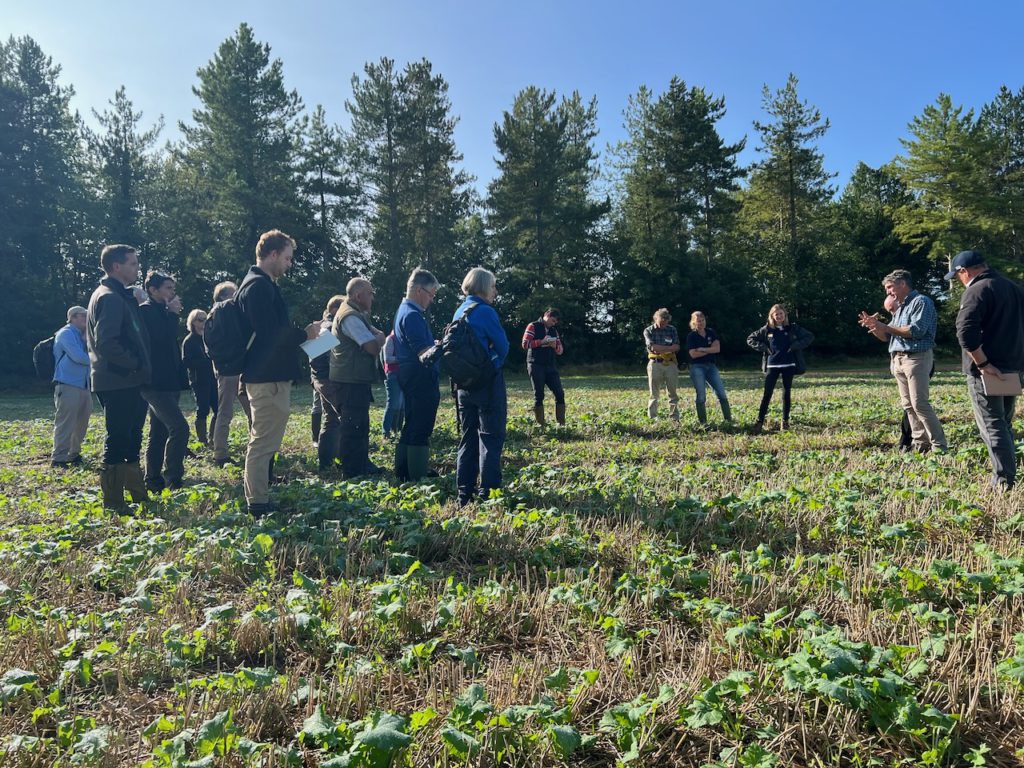
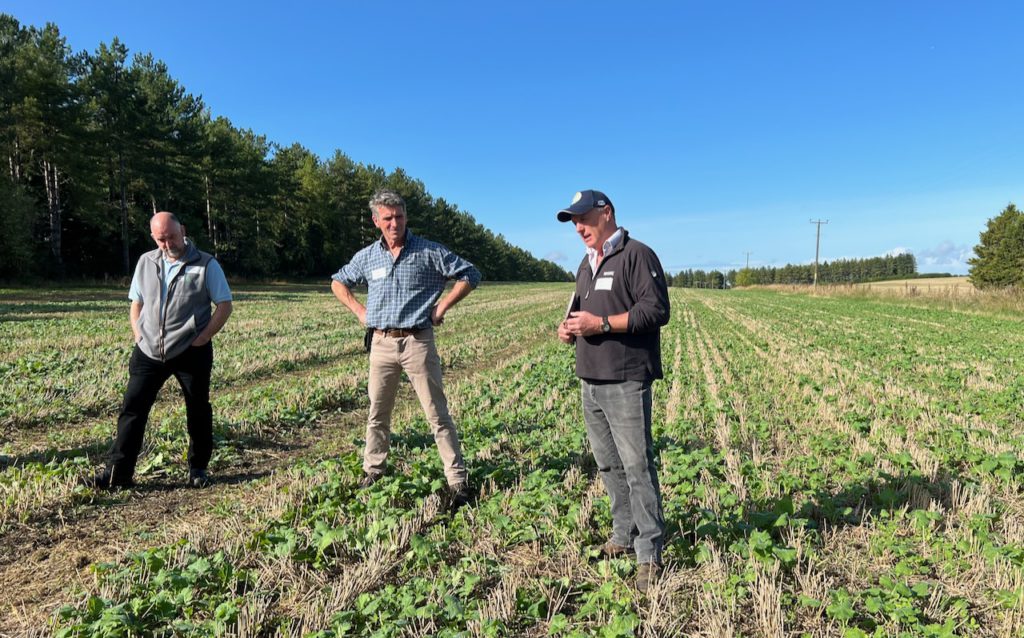
Feed self-sufficiency – chaired by Stefan Marks (FCT)
This session focussed on the ways in which farmers could become more self-sufficient in feed production. The session was introduced by Stefan, who explained that feed was a global commodity which is at risk of global price fluctuations, particularly recently, which can cause significant economic challenges on farm. The session explored how growing different crops could help enhance crop rotations, benefit plant and soil biodiversity and how to reduce inputs on-farm (including fertiliser and antibiotic usage).
We heard from Michael Carpenter (Kelvin Cave) and Chris Berry (Devon farmer).
Michael highlighted the importance of making best use of what you can grow on your own farm, or trading with your neighbours, which will not only help profitability but also lower the farm carbon footprint. Discussions ensued about the importance of forage preservation and optimising milk from forage, highlighting the practical things that can be done on-farm to maintain quality including grass species, and numbers of cuts to minimise dry matter losses. Michael also talked about the benefits of crimped cereals, which provides higher dry matter yield per ha, a greater fibre digestibility in the seed coat before it lignifies, and more available protein in the cereal. As protein is a high cost (both economically and in terms of carbon) to the farm, cutting down the cost of protein is a good strategy. The NCS project was discussed which is aiming to provide practical information about how by growing peas and beans we can reduce the cost of protein and achieve economic, environmental and animal performance benefits. For more information on the NCS project please click here. https://farmcarbontoolkit.org.uk/2023/07/19/the-ncs-project-more-info/
Chris Berry farms 450 acres near Exeter, on dry sandy soil. Traditionally the farm was a mixed farm lambing Christmas and Easter, calving in the autumn and spring and growing cereals to feed back to the animals. As Chris came home he was asking a lot of questions about the system and its sustainability for the future. Having come back from New Zealand, Chris decided to change the system to become less reliant on subsidies.
The farm made the switch from lambing 700 ewes indoors and outdoors to one big flock of 7-800 New Zealand highlander ewes, and moved to an Angus breed on the cows to make the most of the forage based genetics. This was the starting point to transitioning the farm. At the beginning they were still using feed and fertiliser to make the system work, but gradually Chris came to the realisation that he also needed to focus on what was below the ground and making the best use of grass.
Previously the farm was growing 100ac res of barley, which was rolled and fed to the cattle alongside a lot of purchased creep. Chris started putting up electric fencing and rotating the stock around the paddocks. He started with lots of small groups and lots of moves, but through engaging with a discussion group and Precision Grazing, the system has now moved to include measuring grass and paddock grazing with existing leys (ryegrasses and clovers).
The system was working well, however there were still challenges in the dry summers, and so herbal leys were introduced to provide forage in June – August. Chris started with a 9 ha field which was sown with chicory, red and white clover, plantain and put 300 lambs on it and they gained 10kg in the month they were there. This was a turning point for Chris as he hadn’t managed to achieve a similar growth rate on creep feed. Since then Chris has got rid of the land which was growing cereals and has put it into herbal leys.
Now he has a much more consistent supply of forage when he needs it to match the stock energy requirements. Chris has managed to reduce antibiotic use on farm by 75%, eliminate 80 tonnes of purchased creep feed, and reduced fertiliser by 33 tonnes, which has saved 156t of CO2e, along with an increased output from the farm from 240 to 280 kg per ha.
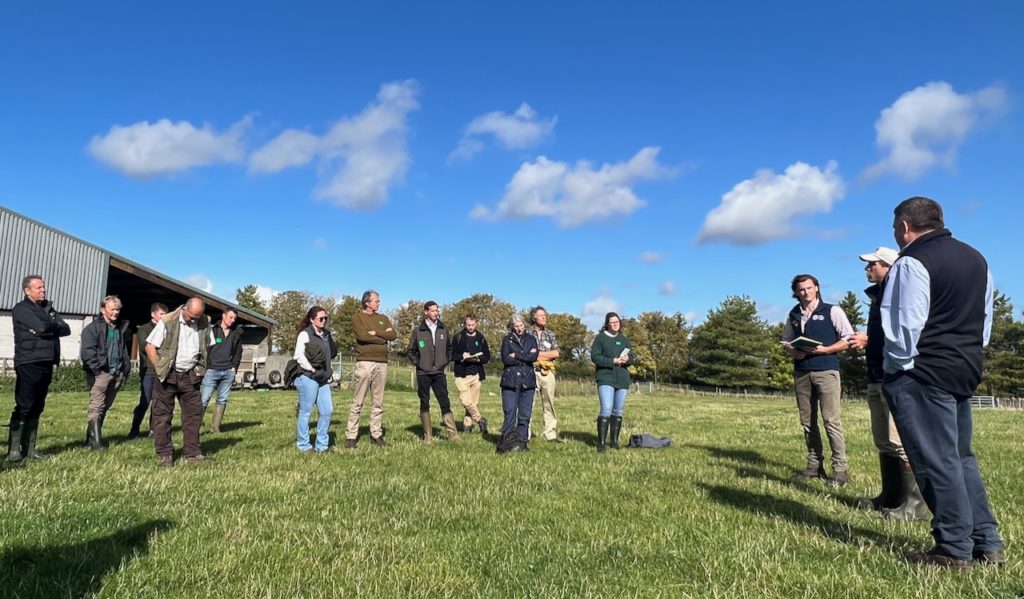
Following lunch and a presentation to our FCT retiring Chairman David Gardner we all settled down for the afternoon to focus on ways to reduce fossil fuel energy usage and how best to benefit from the new emerging voluntary markets for carbon, biodiversity net gain and nutrient neutrality.
First out of the blocks was the awards for our new competition Carbon Farmer of the Year.
FCT set up this Competition to recognise and champion farmers, sector organisations and businesses who are leading the way in adopting farming practices and developing new technologies to reduce farm emissions whilst optimising output.
We wanted to enable discussions on carbon emissions and sinks on farms to be framed in a very practical way to help everyone to increase their understanding and provide ideas for change.
Our judges were Adam Twine – our founder and long term advocate of climate friendly farming practices and mixed farmer from Wiltshire, David Cope, head of Sustainability at the Duchy of Cornwall and Emily Norton, farmer and chair of the Soil Association Exchange Advisory Group.
Our four finalists were Anthony Ellis from Pensipple Farm, Cornwall, Craig Livingstone from Lockerley Estates, Hampshire, Doug Christie from Durie Farms, Fife and Thomas Gent from Oakley Farm, Cambridgeshire.
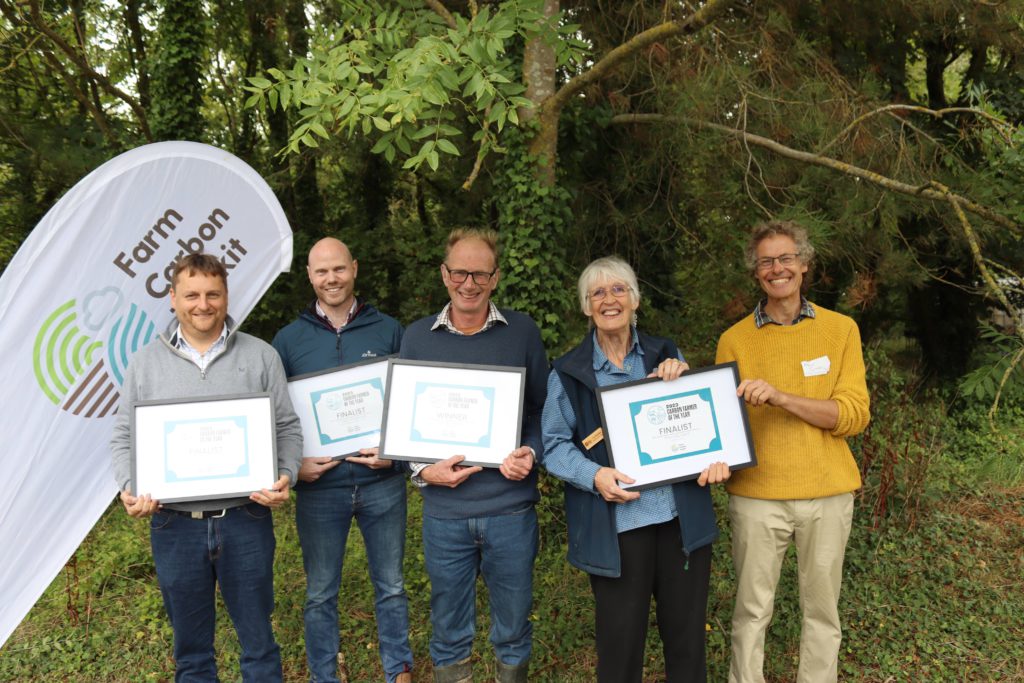
Doug Christie emerged as our winner. Doug has a mixed farm incorporating an arable enterprise and an organic beef herd alongside woodland. He has been incorporating conservation agriculture practices increasingly since 1999 and was very much a pioneer of climate friendly farming when it was far from fashionable. He realised long ago that reducing emission heavy inputs would reduce his farm footprint. He has been doing that whilst working to improve soil health to enable crop yields to be optimised. Doug is an advocate for increasing natural capital and biodiversity on the farm which he believes underpins the farm’s resilience and truly sustainable food production. Testament to this focus on biodiversity is that Doug ceased using insecticides over 20 years ago.
FCT will be holding a farm walk at Durie Farms on the 21st November to showcase what Doug is doing.
This was followed by a session to consider some of the opportunities for farmers to benefit from the new and emerging markets for carbon and biodiversity net gain as well as nutrient neutrality. Our speakers included Rob Shepherd, chair of the Environmental Farmers Group, Daniel Wynn, Head of Nature Based Solutions at Kent Wildlife Trust and Julian Gold from Hendred Estate and Nick Down from Velcourt Farms. Rob spoke about the work of the Environmental Framers Group (EFG) as a farmer controlled business to enable its members to jointly benefit nutrient neutrality payment schemes across their area of activity which is currently central southern England but is expanding fast with over 1.5% ofEngalnd’s farmed area signed up for membership.
Dan Wynn shared information on Wilder Carbon, a Kent Wildlife Trust subsidiary which is working with land owners and managers to draw down carbon payments from the development of Nature Based Solution creation on land. Dan talked delegates through the process and talked about the pitfalls which are present in this landscape at the moment and how best to avoid them which crucially involves working with partners with integrity and being very clear about the agreements you are entering into as they are often very long term and will come with significant delivery requirements as well as robust monitoring and verification.
Following Dan’s presentations two farmers, Julian Gold and Nick Down gave their perspectives on these markets. Julian from the point of view of having entered some land into a BNG agreement last year and now fully appreciating the long term requirements of meeting the agreement requirements and from Nick discussing how customer requirements are driving a focus on supply chain carbon insetting and how farmers can gain power in this space. This topic drove discussion with delegates asking about future market requirements and how this might affect the attractiveness of current schemes available in this space.
Following this session we finished with a very practical session looking at reducing farm reliance on fossil fuel based sources of power.
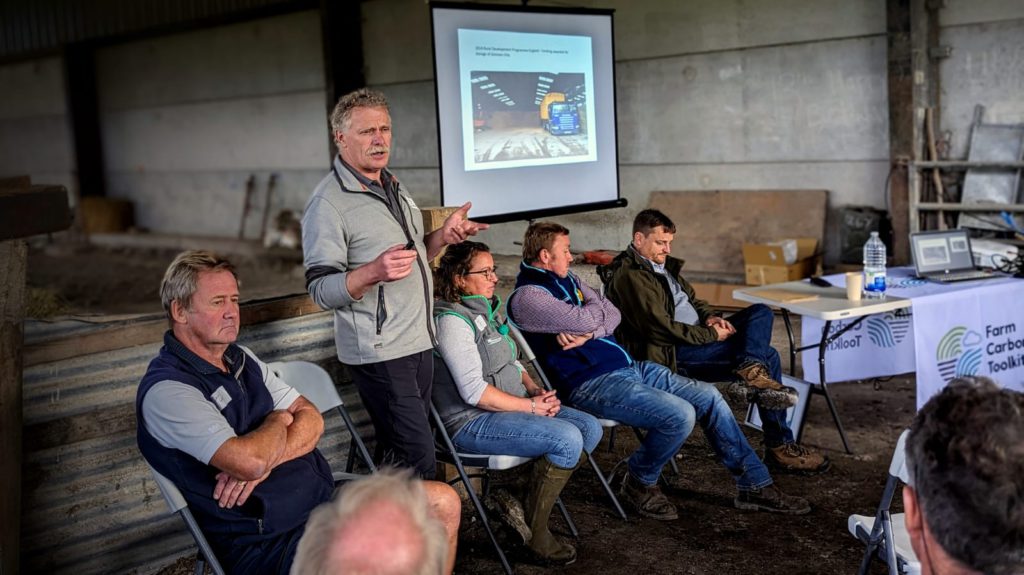
Three of our speakers in this session have reduced reliance on fossil fuels through the following technologies:
- Harvesting biomethane from the farm’s slurry store to power on farm machinery and sell the surplus – Katie and Kevin Hoare from Cornwall
- Woodfuel as an alternative heat source – Andy Bradford from Dartmoor Woodfuel
- Replacing diesel and heating oil with oats and chip fat – Anthony Ellis from Cornwall
- An analysis of alternative non-fossil fuel sources – David Gardner reviewed the future potential for power derived from solar and wind versus hydrogen with the conclusion that the invention of solid state batteries will give a significant advantage to electric motors powered by batteries or the grid due to their superior power translation into available power at the point of requirement.
We will be uploading slides from these sessions onto our website in due course so that you can look in detail at their presentations.
Kindly supported by:
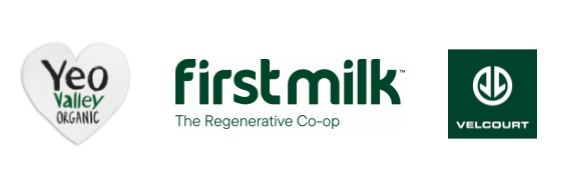
Yeo Valley, Velcourt and First Milk.

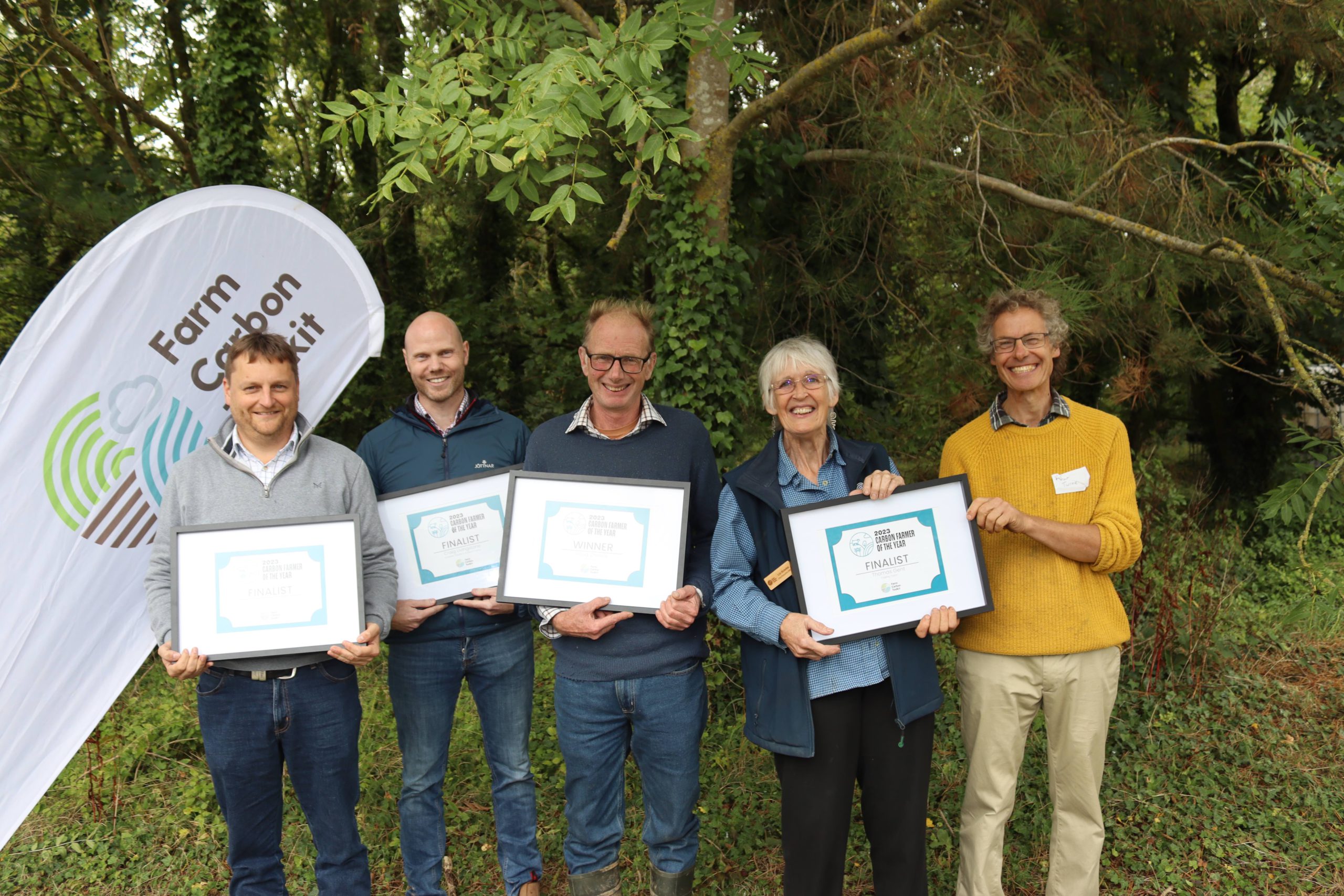
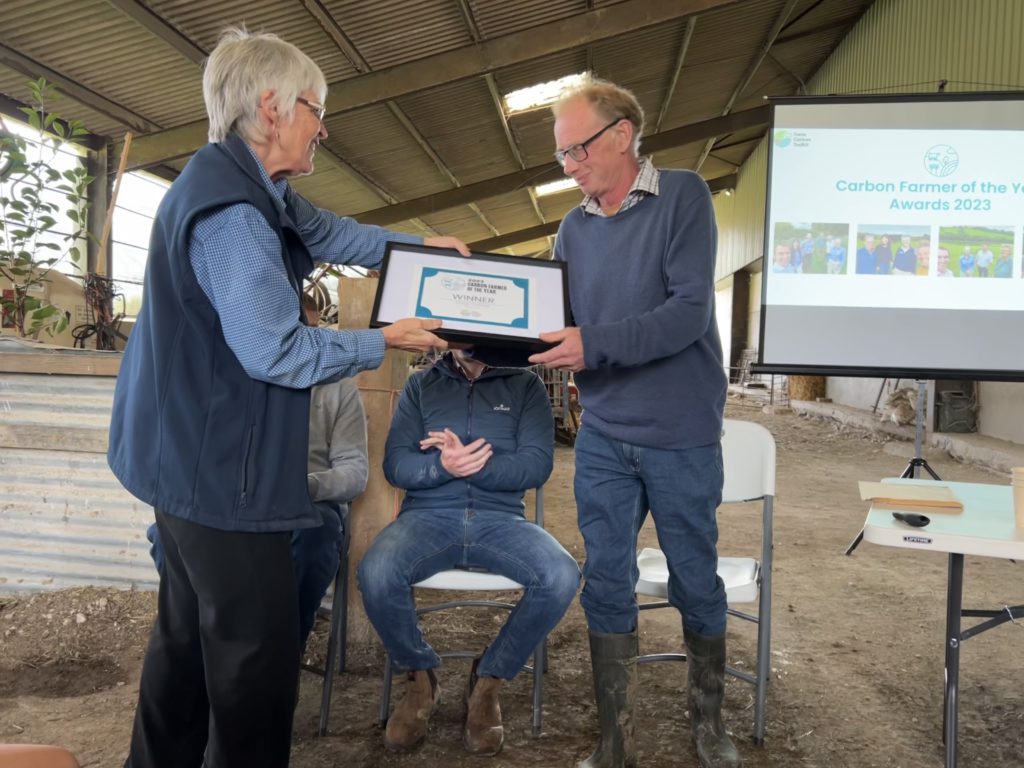
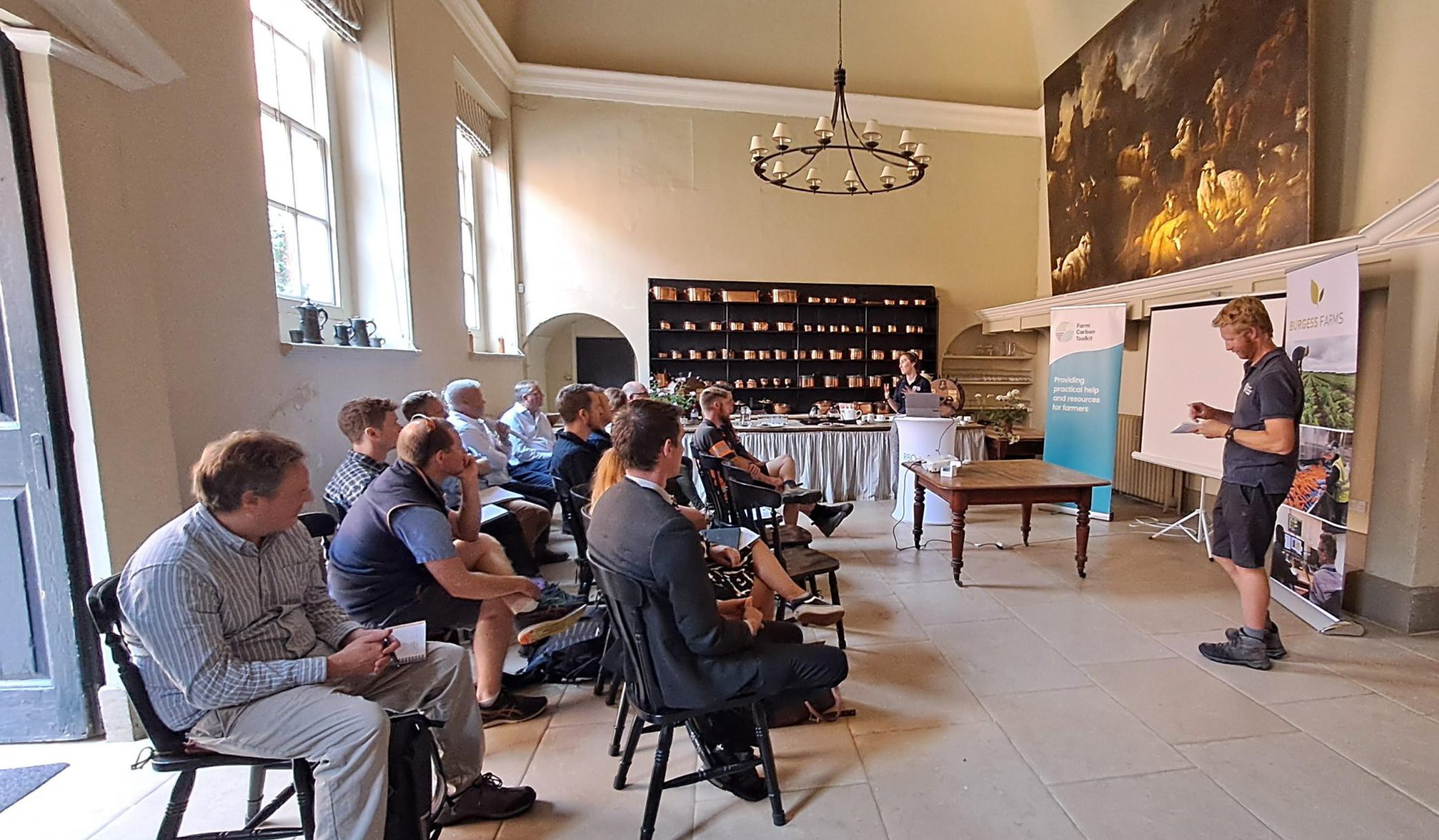
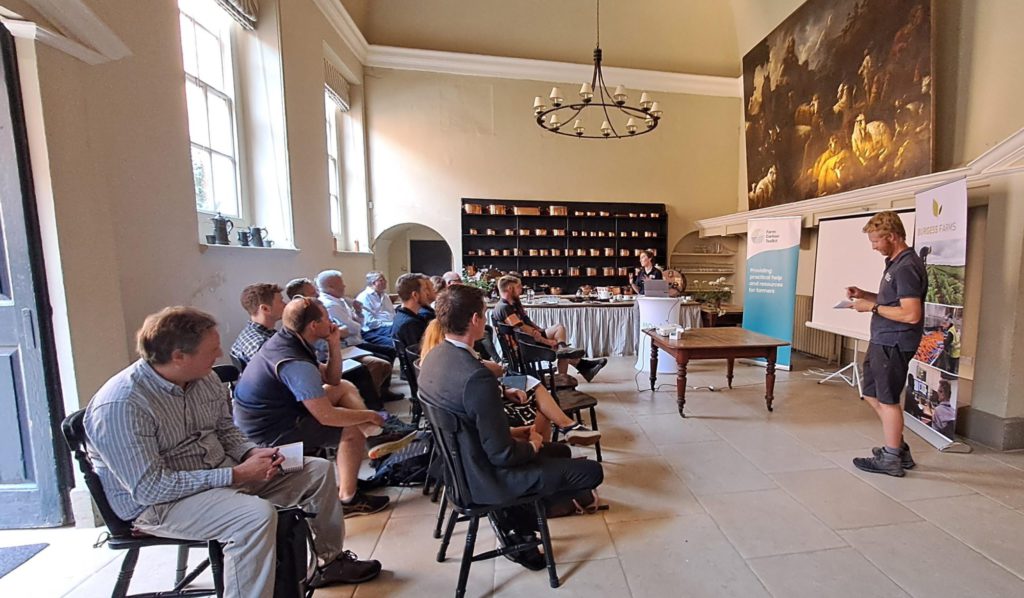
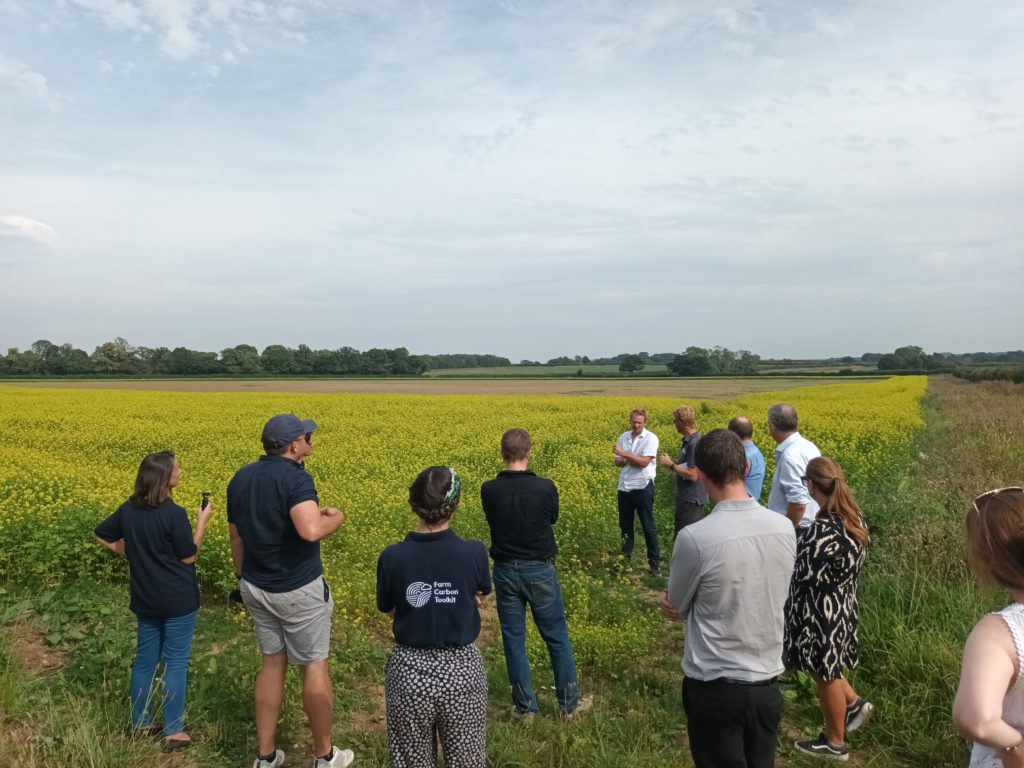
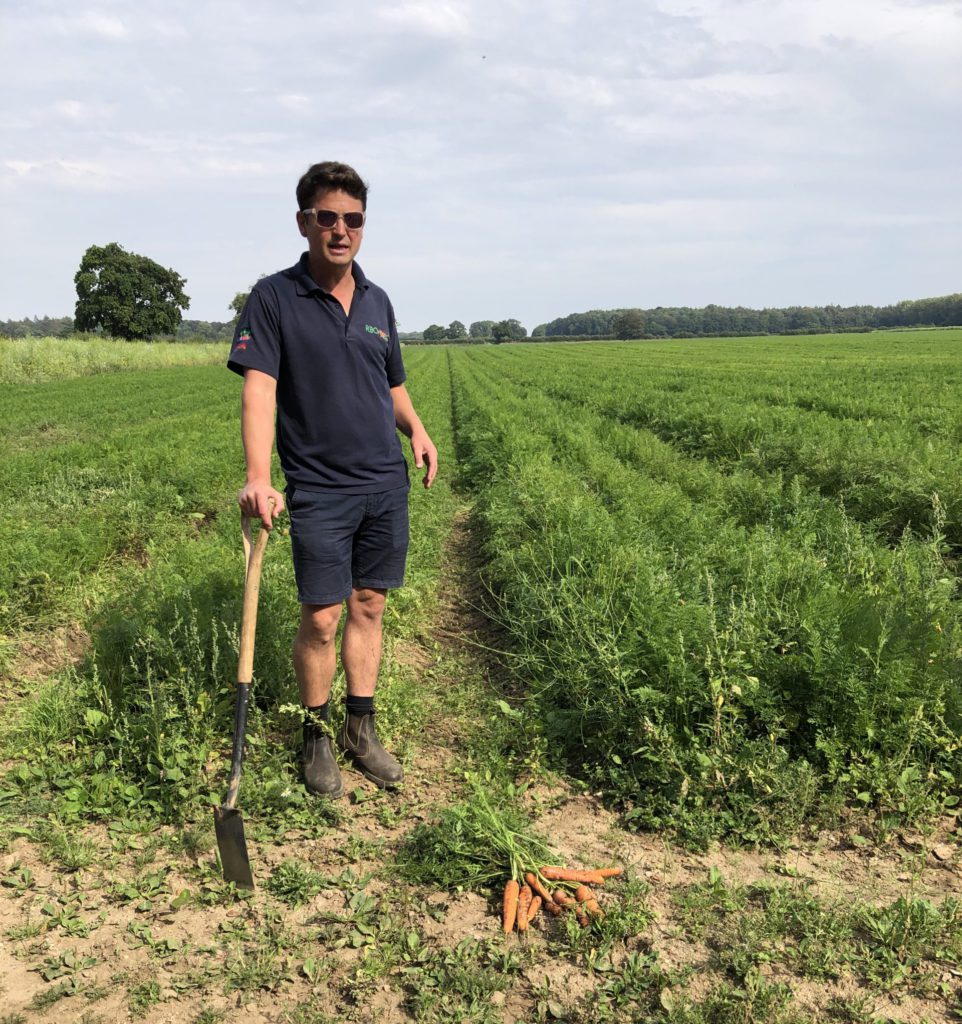
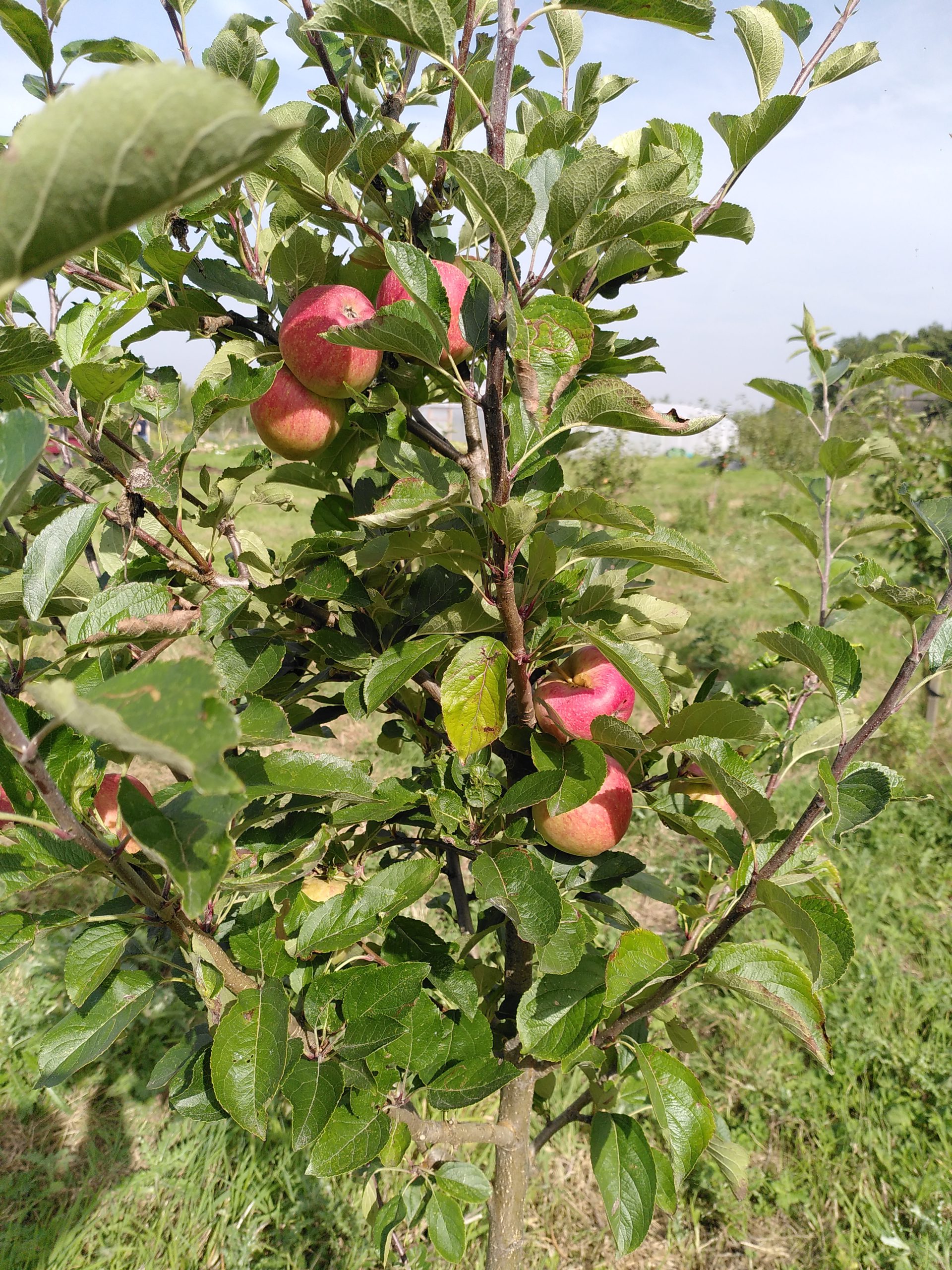
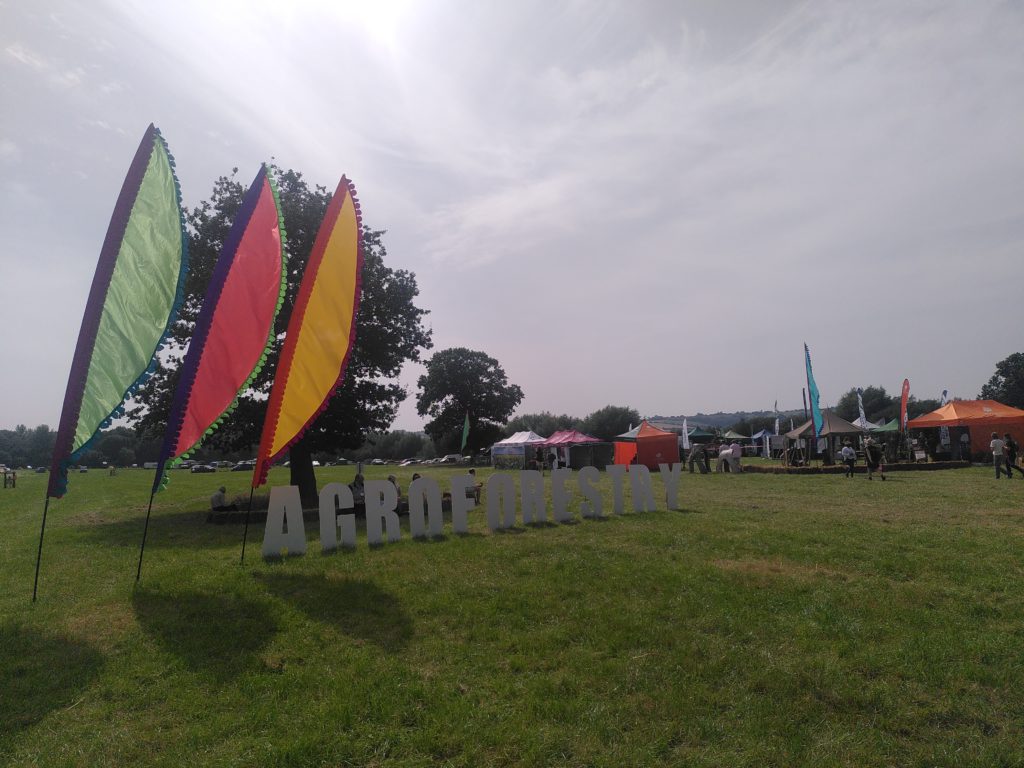
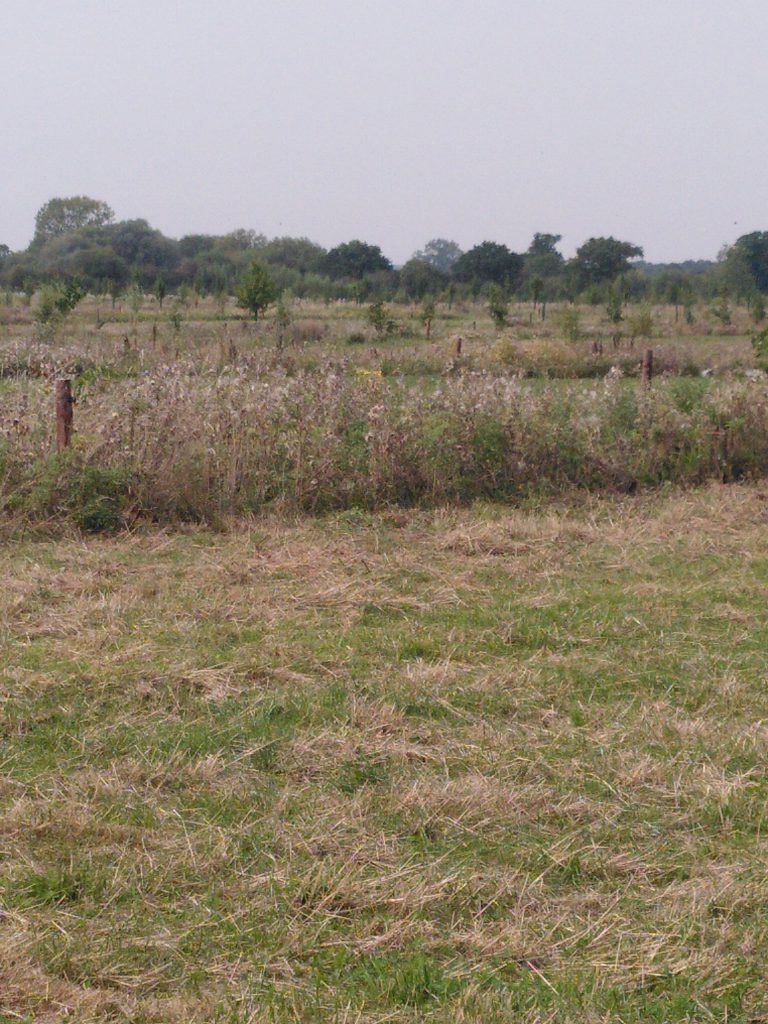
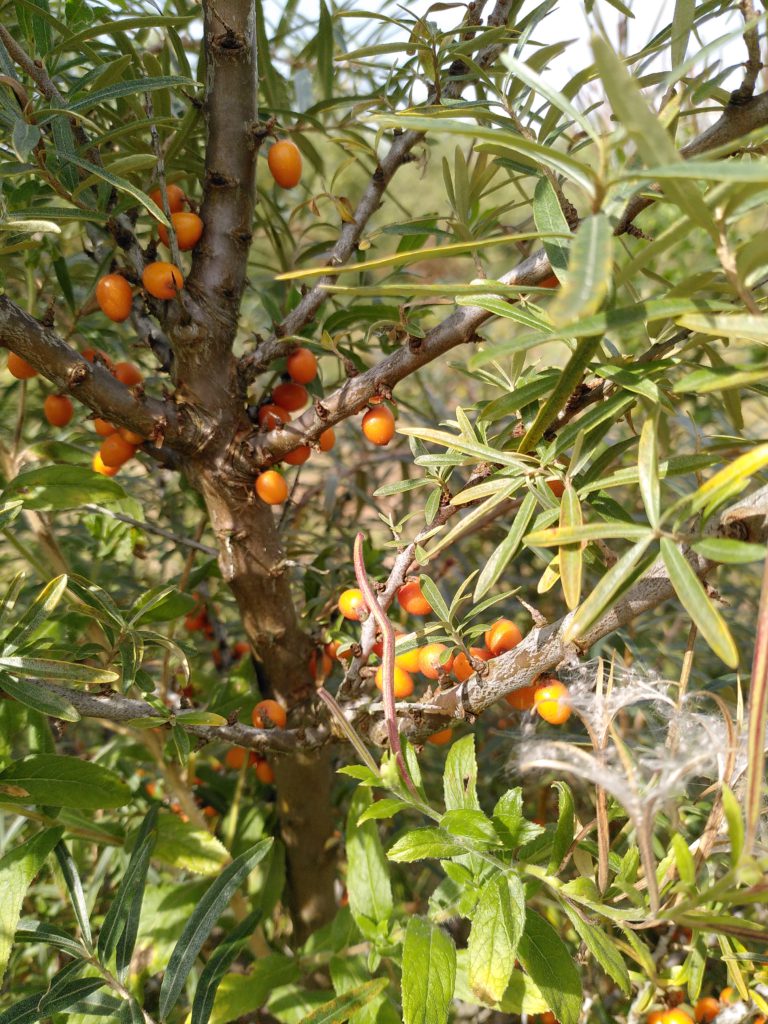
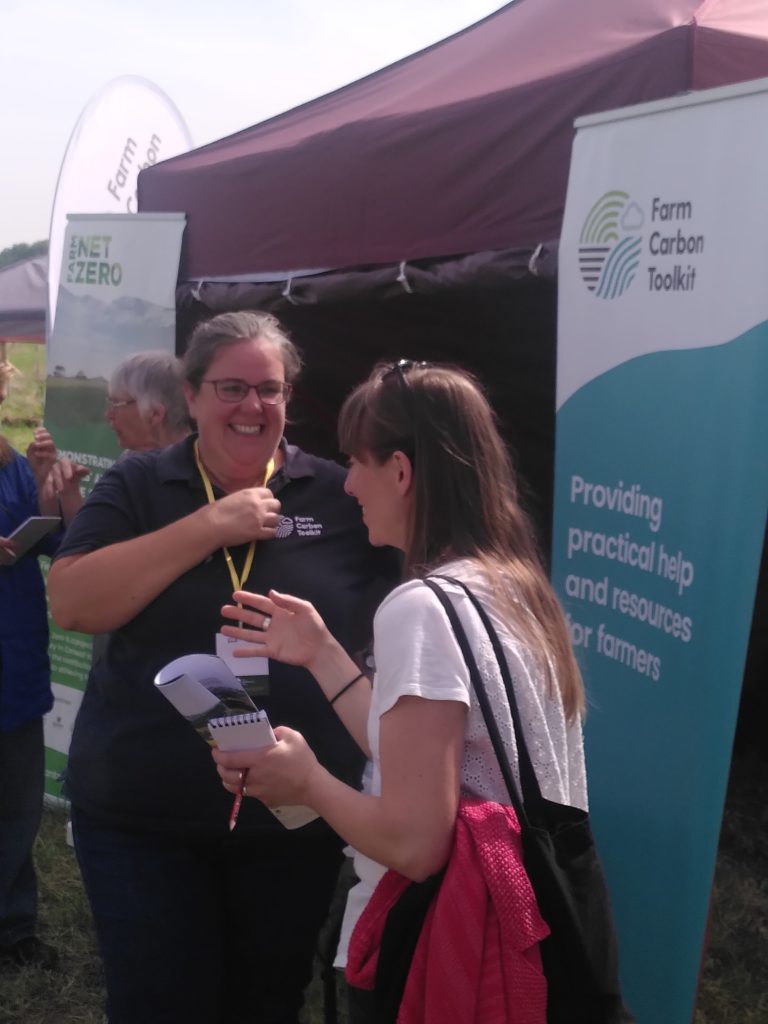
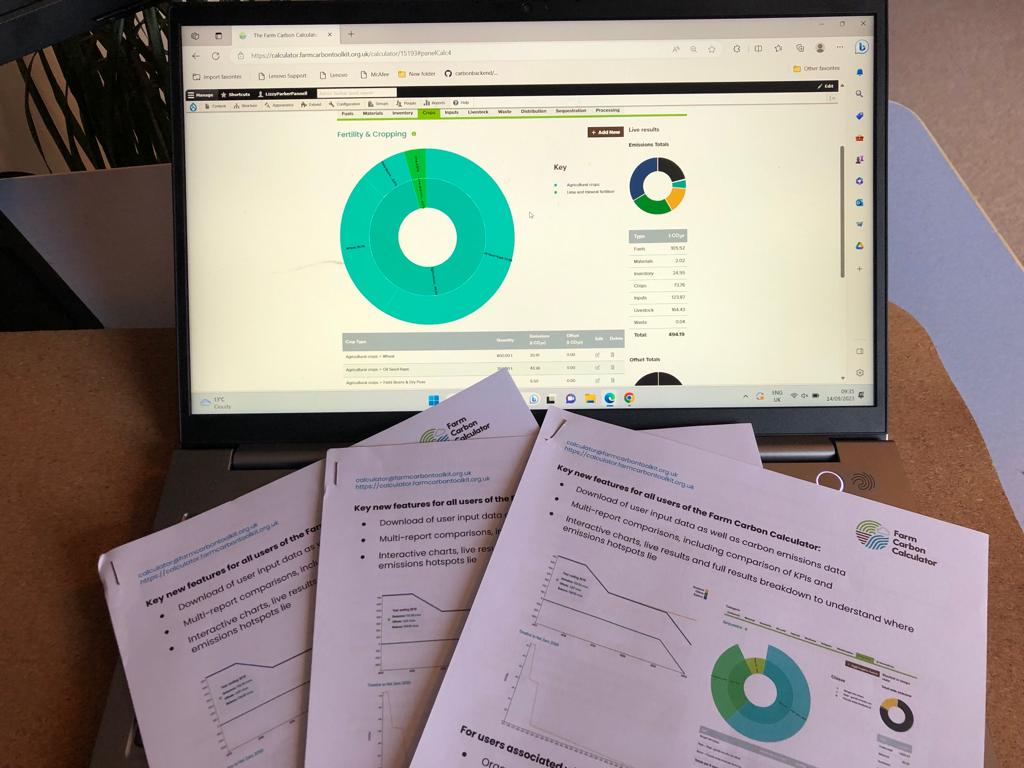
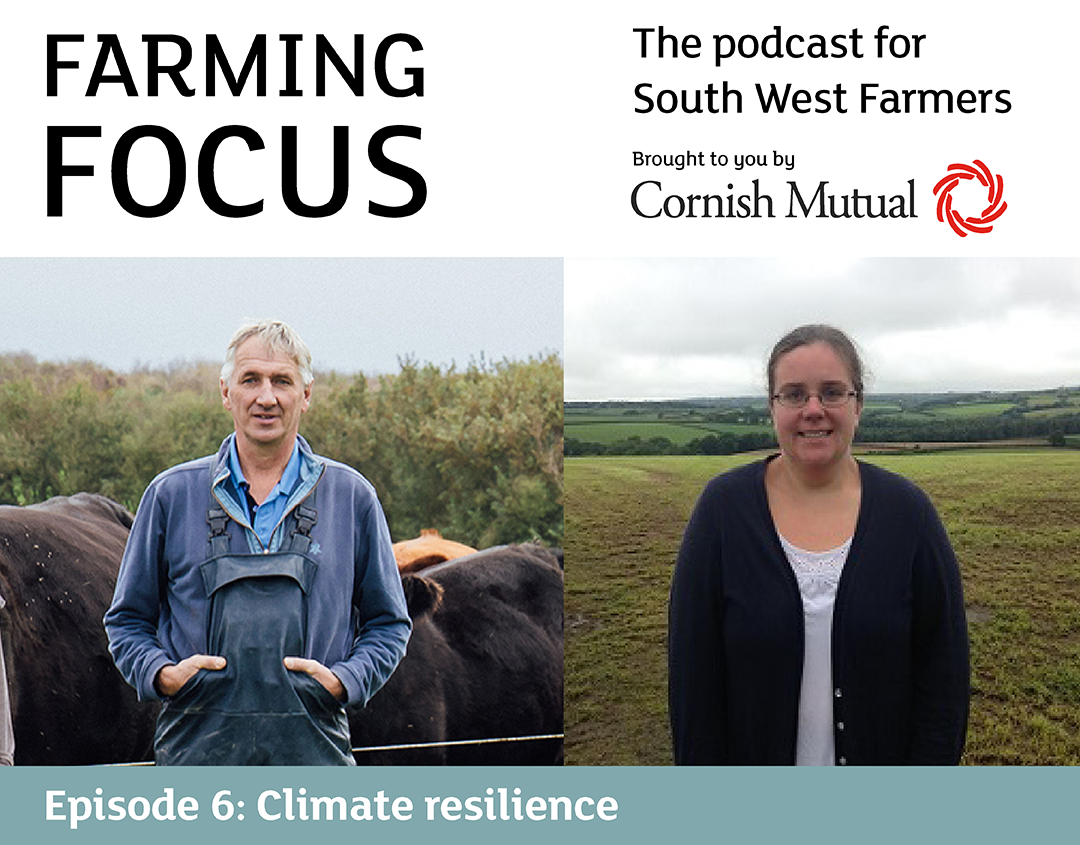

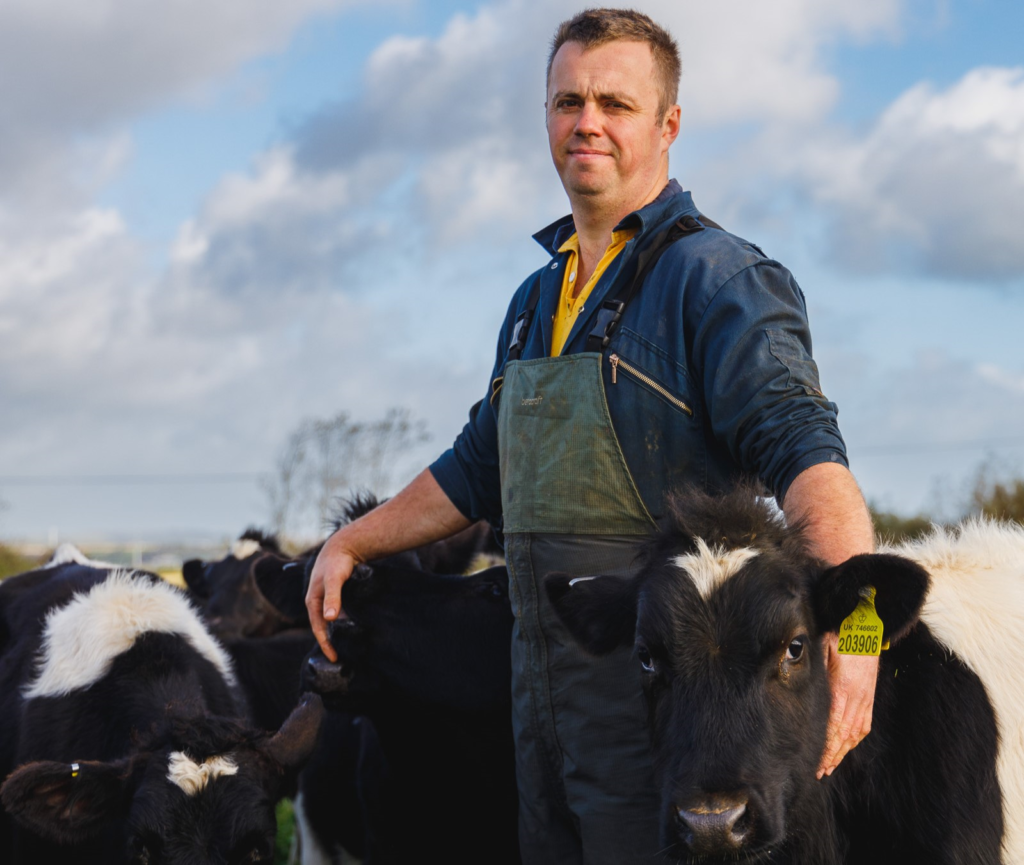


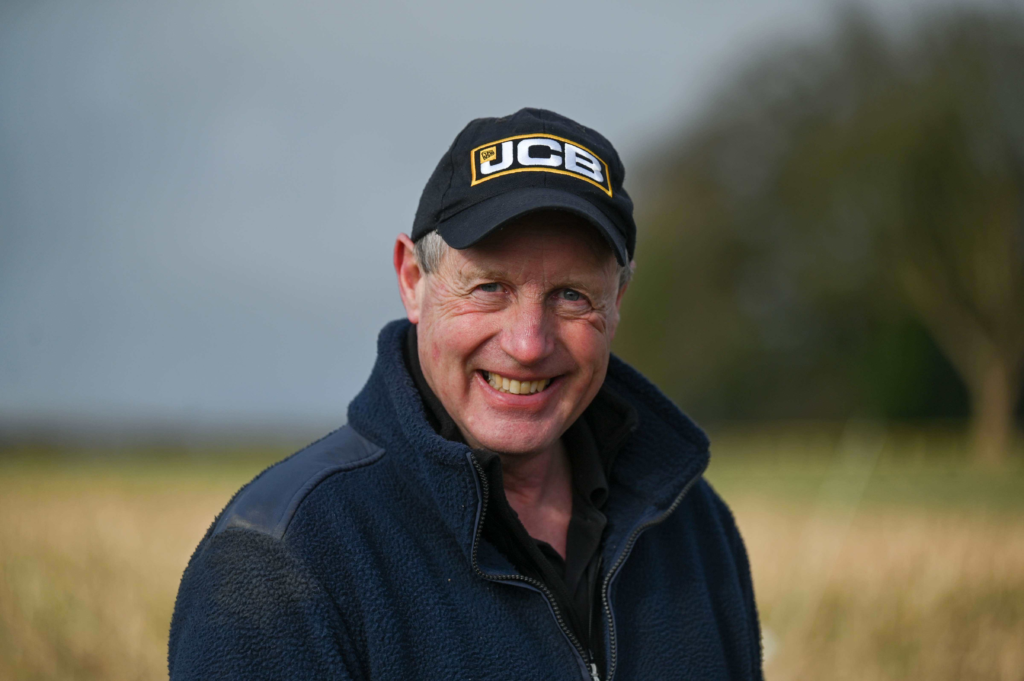







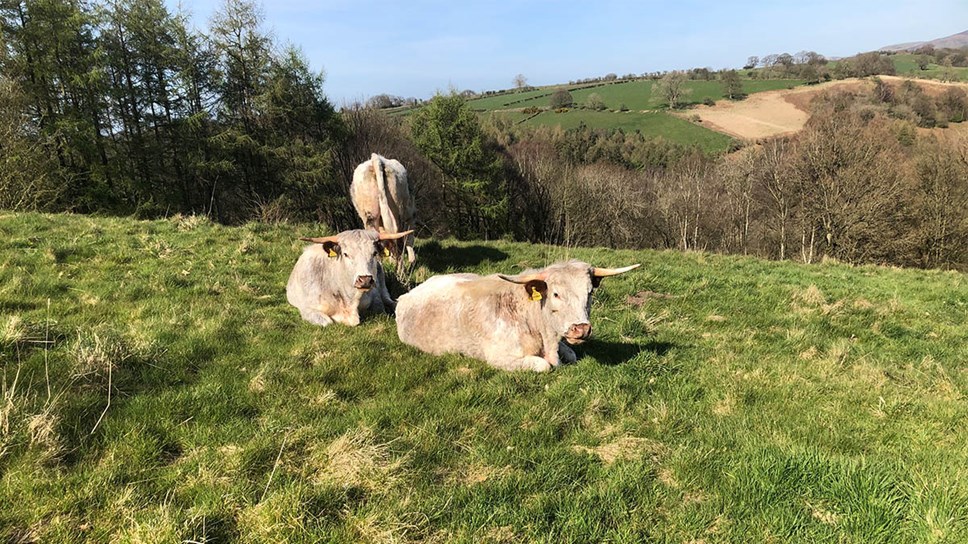
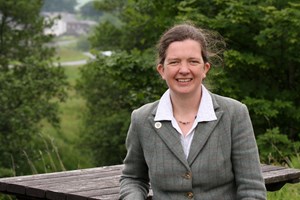
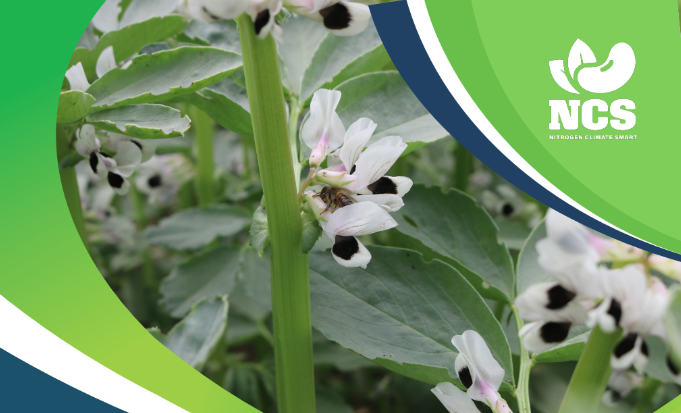


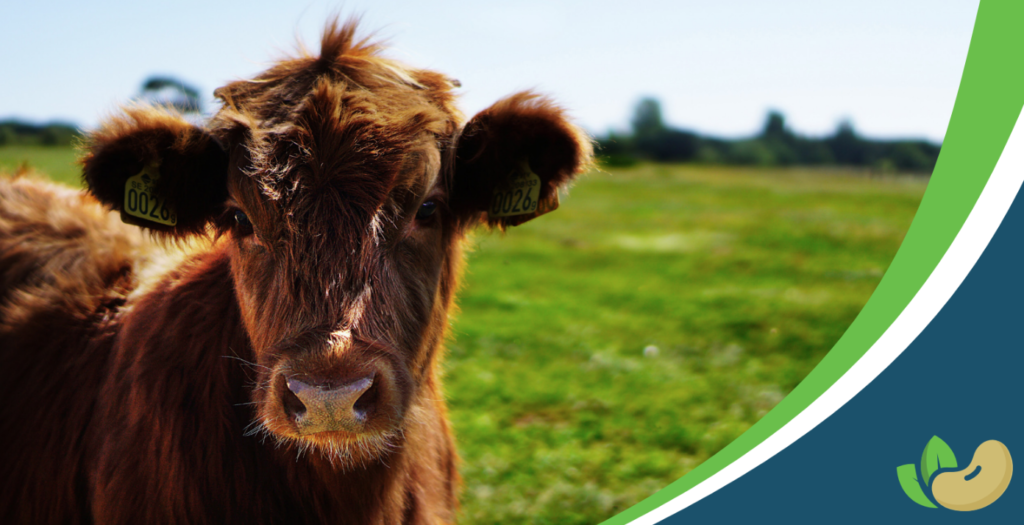
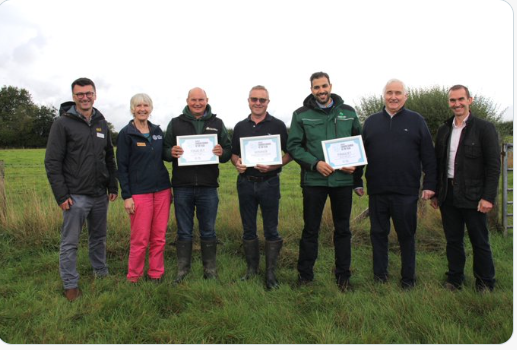
Recent Comments